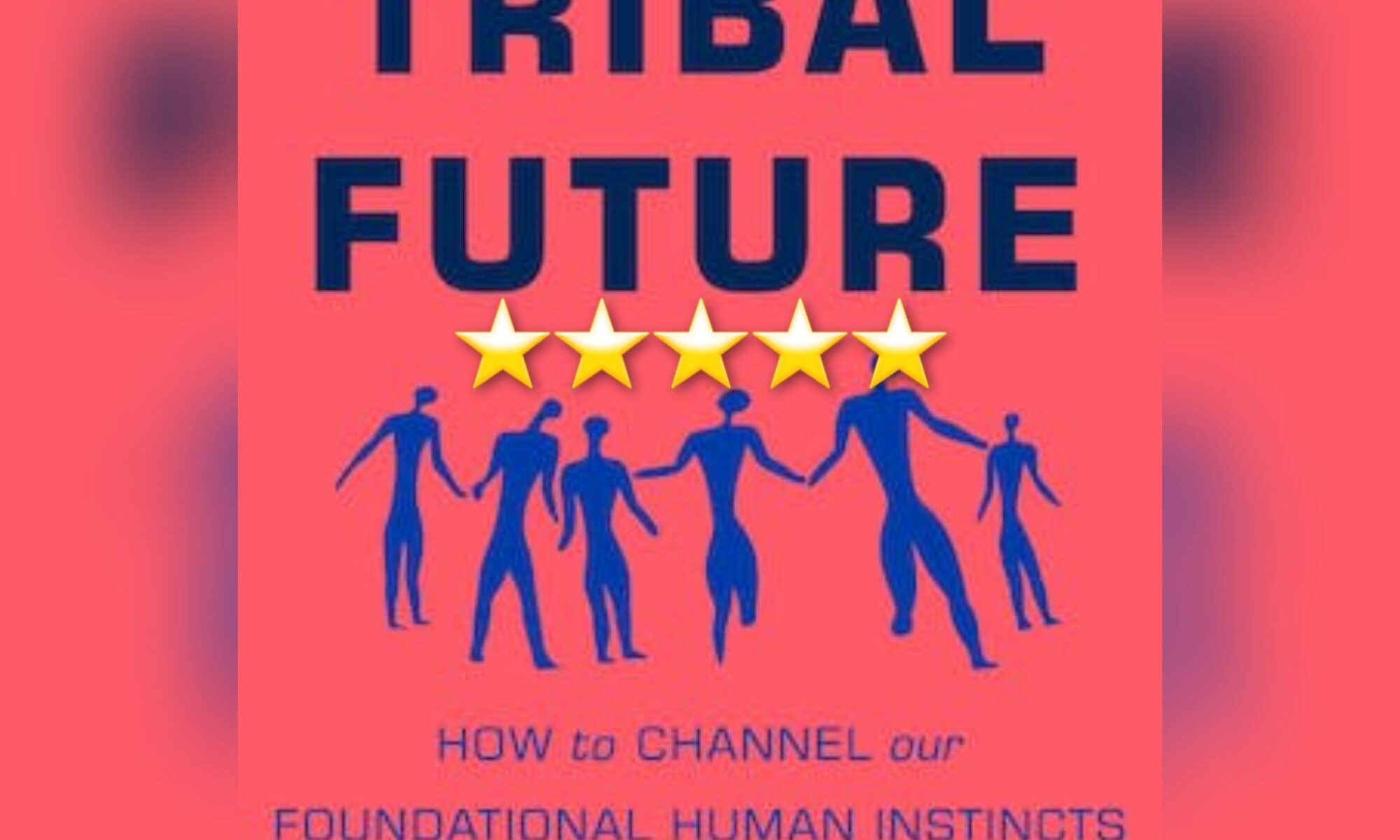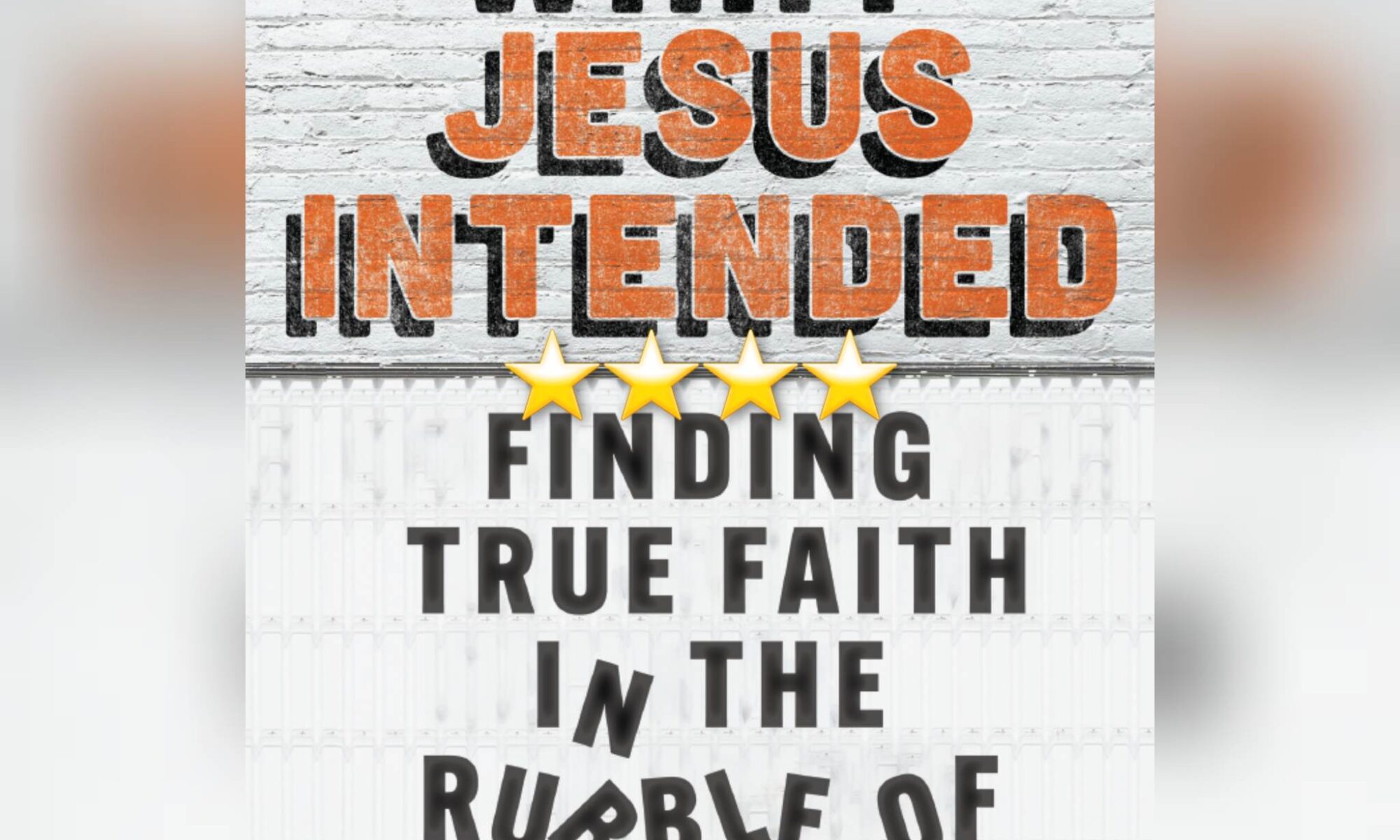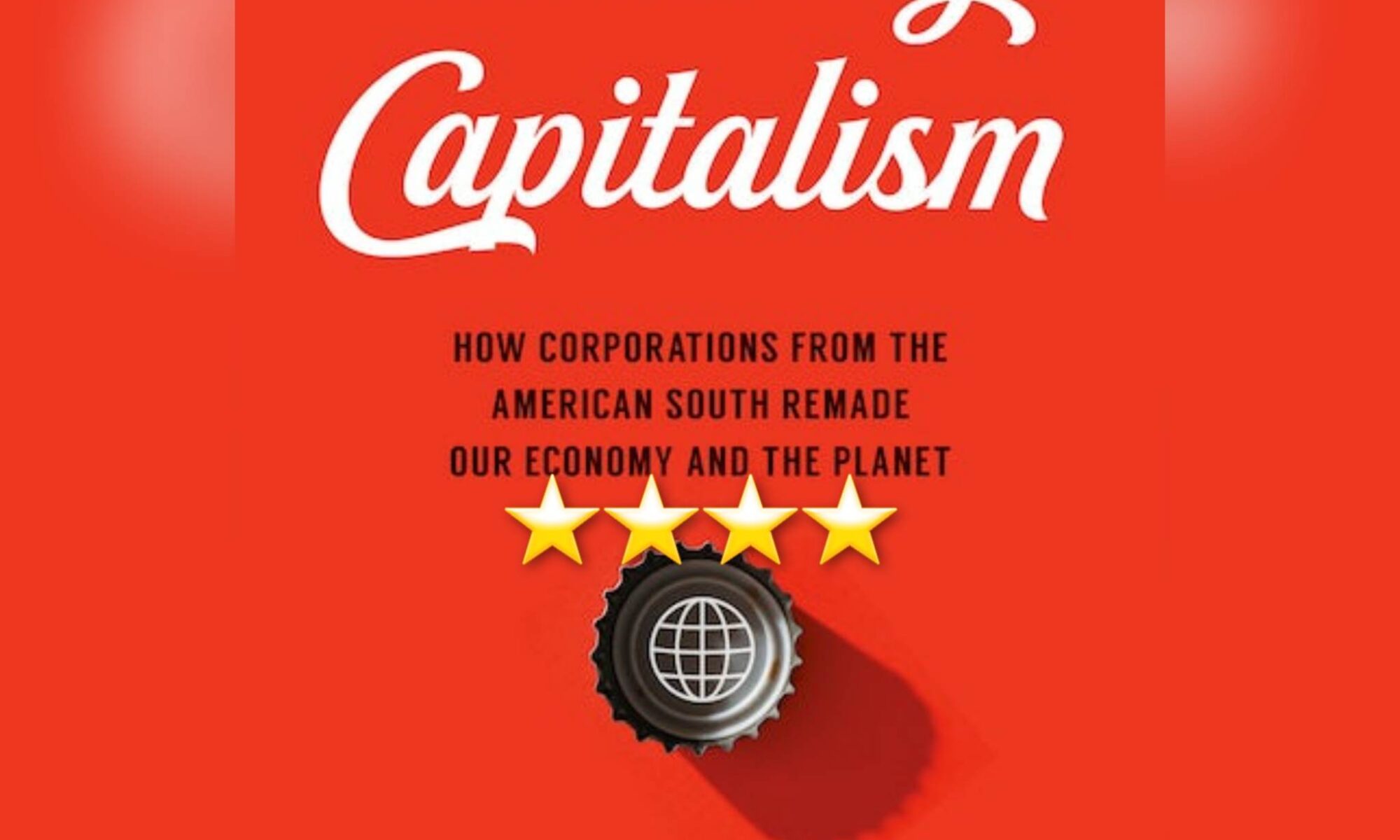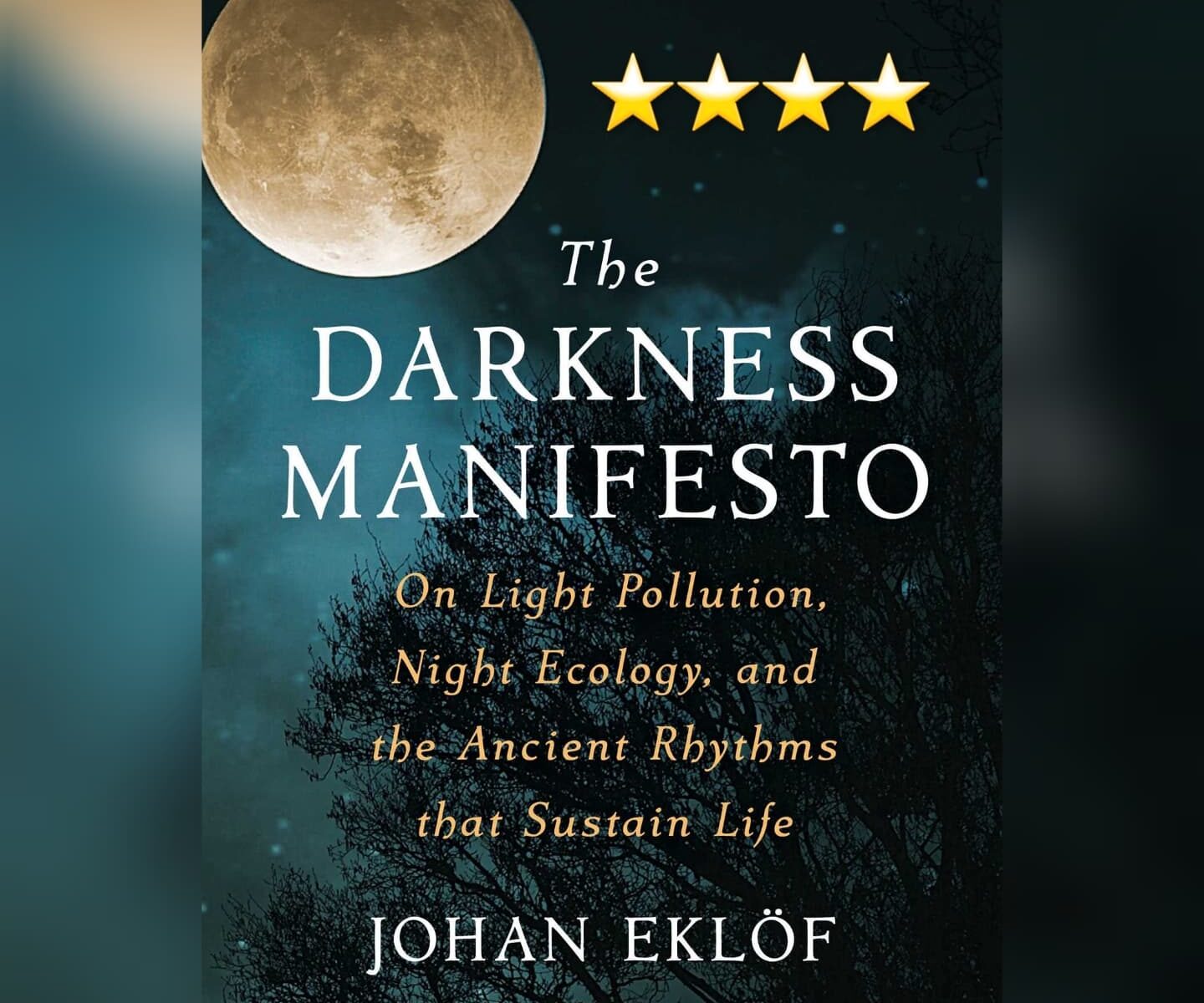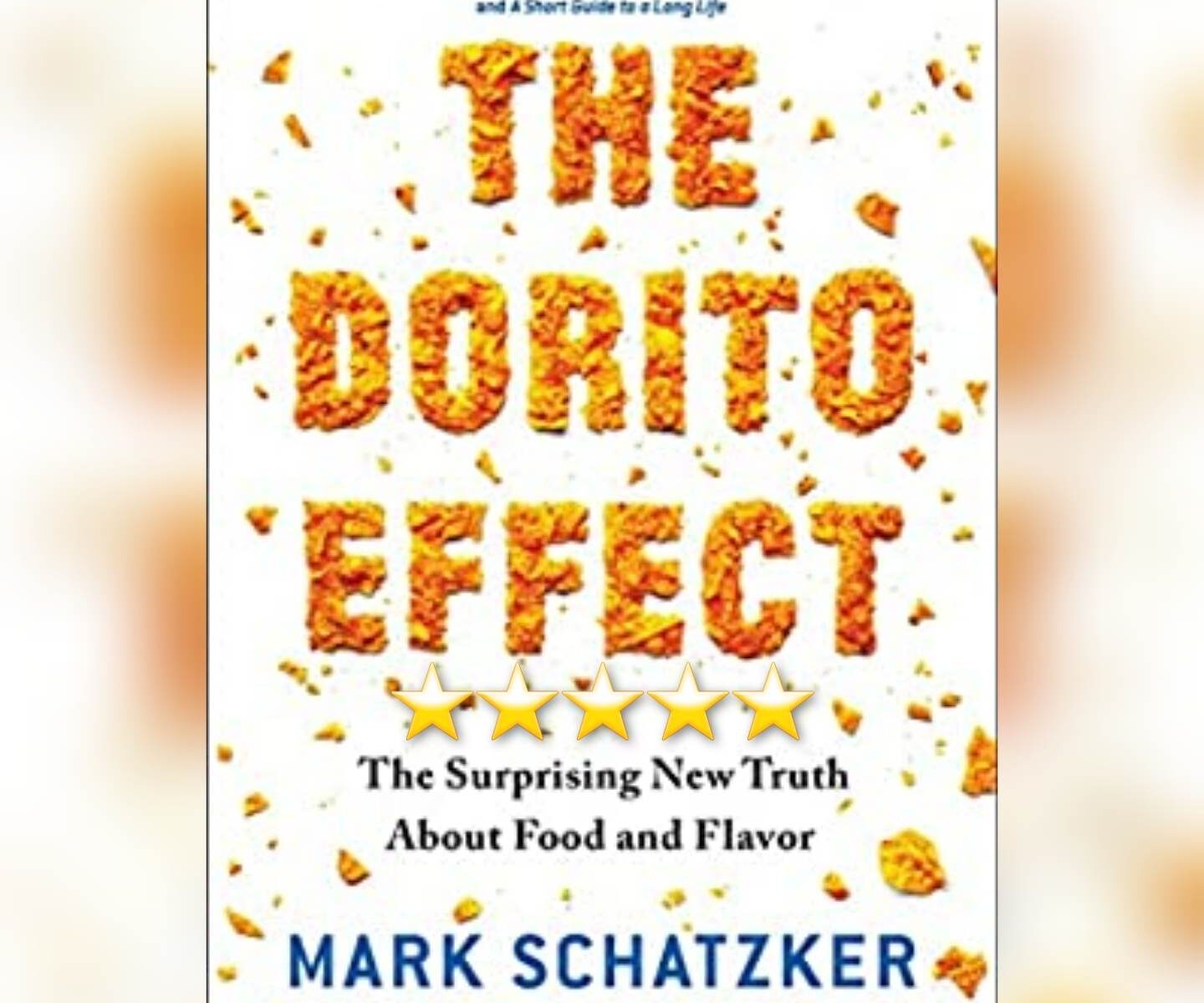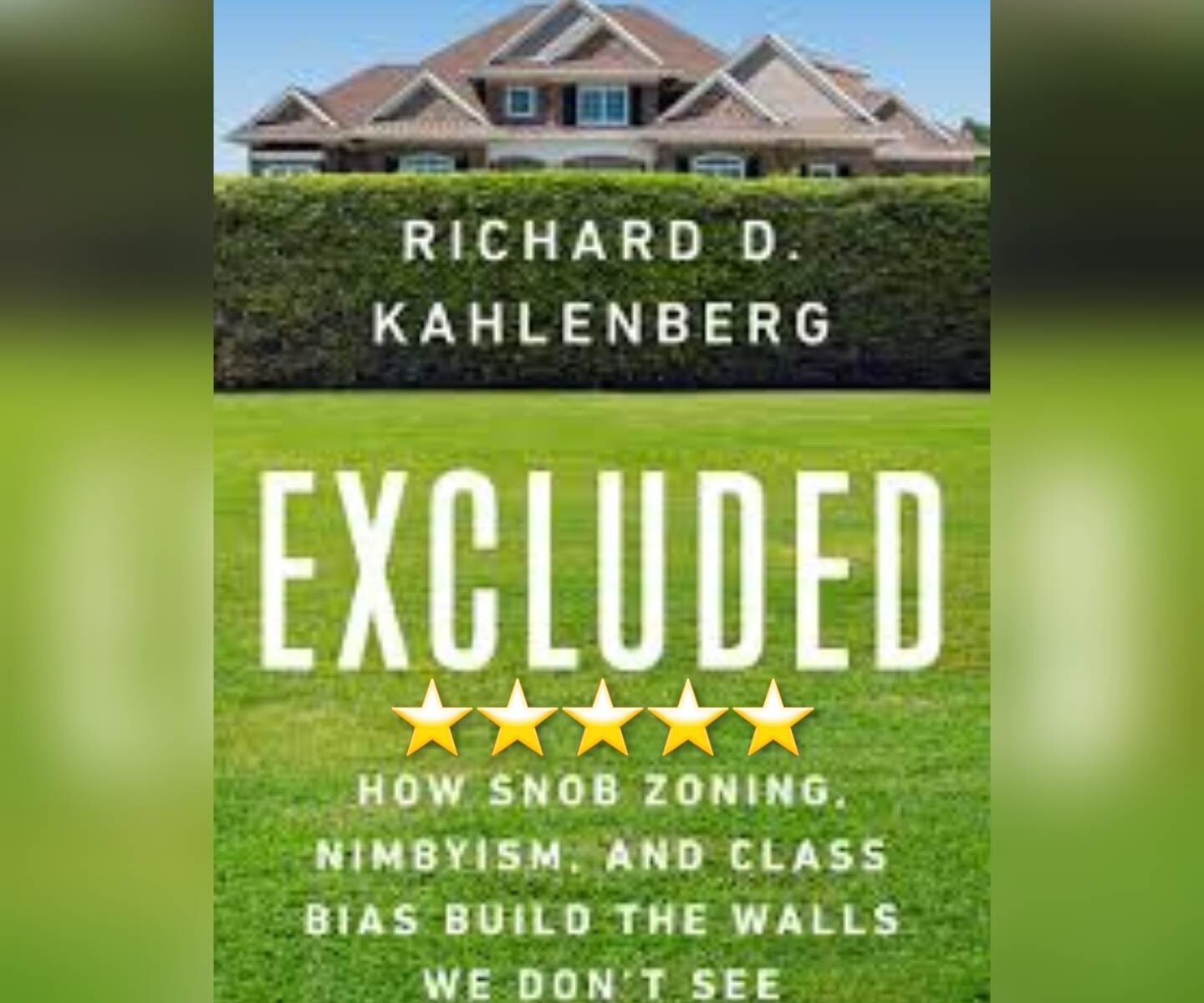Flawed, Yet Well Documented. This is a book all about how several corporations from the American South used *CORPORATISM* – not Capitalism, and yes, there is absolutely a difference – to remake the American (and, yes, global) economy and planet in ways both foreseen and not. Documentation-wise, it clocks in at about 28%, which is very healthy and perhaps slightly above average. Elmore transitions from company to company well, almost as well as the best transition between various groups I’ve ever seen – that of Power Rangers: Dino Thunder’s Legacy of Power episode which gave a history of the entire franchise to that particular entry. There’s a lot to learn from any perspective here, but the flawed title, referencing the left-academia boogeyman of capitalism -rather than what Elmore accurately describes which is corporatism – is indicative of the overall direction of the narrative. Mostly accurate – and, again, well documented – but from a leftist viewpoint that some readers may find off-putting. The overall tone is nowhere near as dry as some academic tones and even approaches the conversational, which makes for a pretty great read for anyone remotely interested in the subject.
Ultimately this truly is a seemingly solid history, if from a leftist perspective, and actually exposes something I suspect I’ve *known* of for a while without realizing the full extent of the problem – a problem Elmore exposes here while proclaiming it to be a great and beneficial thing – and that is the problem of lobbying not in Legislative Halls but in Corporate Boardrooms. Of lobbying interests attacking not elected legislators, but CEOS and others in power of corporations that, thanks to the corporatism described in this text, have power that in many ways rivals – and arguably even exceeds – that of elected officials. Thus, for these reasons and despite its flawed title and narrative, it is very much recommended.
PS: And for those like me who are contemporaries of Elmore – based on when he got his BA and when I got my BS and him discussing a few times – including the conclusion – that he grew up in “North Atlanta”, just a few miles down I-75 from my hometown of Cartersville (referenced a few times when discussing the history of Coca-Cola, as it played a role there) – the book can be particularly interesting. Perhaps moreso when the reader happens to be, as a native Georgian, a big fan of back to back College Football National Champions the University of Georgia Bulldogs… and finds out that Elmore works for perennial whiner (in football at least) “the” Ohio State University. Ok, so this entire paragraph has little to do with the book, but this review is my *thoughts* on the book, and the proximity of Elmore as we were growing up – though to be clear, there were literally tens, perhaps hundreds, of thousands of teenagers roughly the same age and within the same 30 ish mile radius in the northern Atlanta general vicinity, and thus I am not in any way claiming to have ever so much as heard his name before – as well as our respective claimed schools adds a bit of spice to my own thinking about the book.
For those still reading… go pick up the book. Either pre-order if you’re reading this between when this review is written on February 27, 2023, or simply straight up order it if you’re reading this more than two months later and the book is now publicly available.
This review of Country Capitalism by Bart Elmore was originally written on February 27, 2023.


